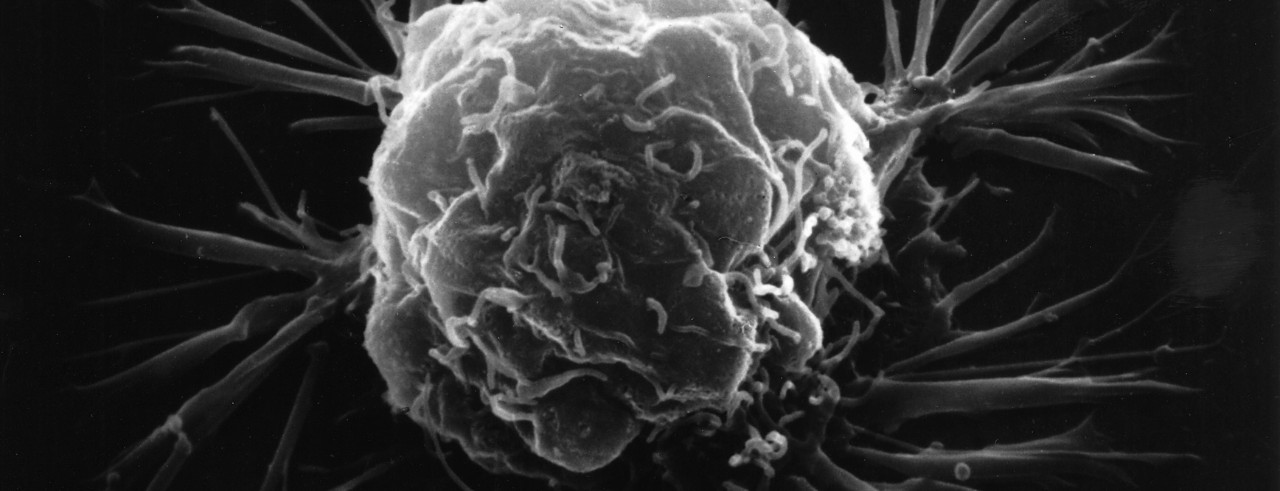
Treatment options when breast cancer becomes unresponsive to chemotherapy
UC expert speaks with Everyday Health
The University of Cincinnati's Mahmoud Charif was featured in an Everyday Health article discussing treatment options when metastatic triple-negative breast cancer (mTNBC) becomes unresponsive to chemotherapy.
Even though chemotherapy is the standard treatment for mTNBC, it’s not uncommon for these drugs to stop working eventually.
Charif, MD, a University of Cincinnati Cancer Center member, associate professor in the UC College of Medicine and a UC Health physician, said breast cancer cells can become resistant to chemotherapy over time, making the treatment less effective. This is especially the case for mTNBC, which is typically a more aggressive form of cancer.
Treatment options when mTNBC becomes unresponsive to chemotherapy include immunotherapy, clinical trials and a class of drugs called antibody-drug conjugates (ADCs). Charif explained ADCs combine an antibody therapy and chemotherapy to work together to kill cancer cells.
Read the Everyday Health article.
Featured photo of 3D breast cancer cell courtesy of the National Cancer Institute.
Related Stories
Treatment options when breast cancer becomes unresponsive to chemotherapy
September 9, 2024
The University of Cincinnati's Mahmoud Charif was featured in an Everyday Health article discussing treatment options when metastatic triple-negative breast cancer becomes unresponsive to chemotherapy.
Onconephrology provides focused kidney care for patients with cancer
July 31, 2024
The University of Cincinnati's Prakash Gudsoorkar is advancing the field of onconephrology, which is focused on the impact of cancer and its treatment on kidney health.
Prostate cancer trial tests drug that targets cancer's ability to repair damage
September 23, 2024
The University of Cincinnati Cancer Center is a trial site for the EvoPAR trial, a new Phase 3 study testing a novel drug to treat a subset of patients with prostate cancer.
